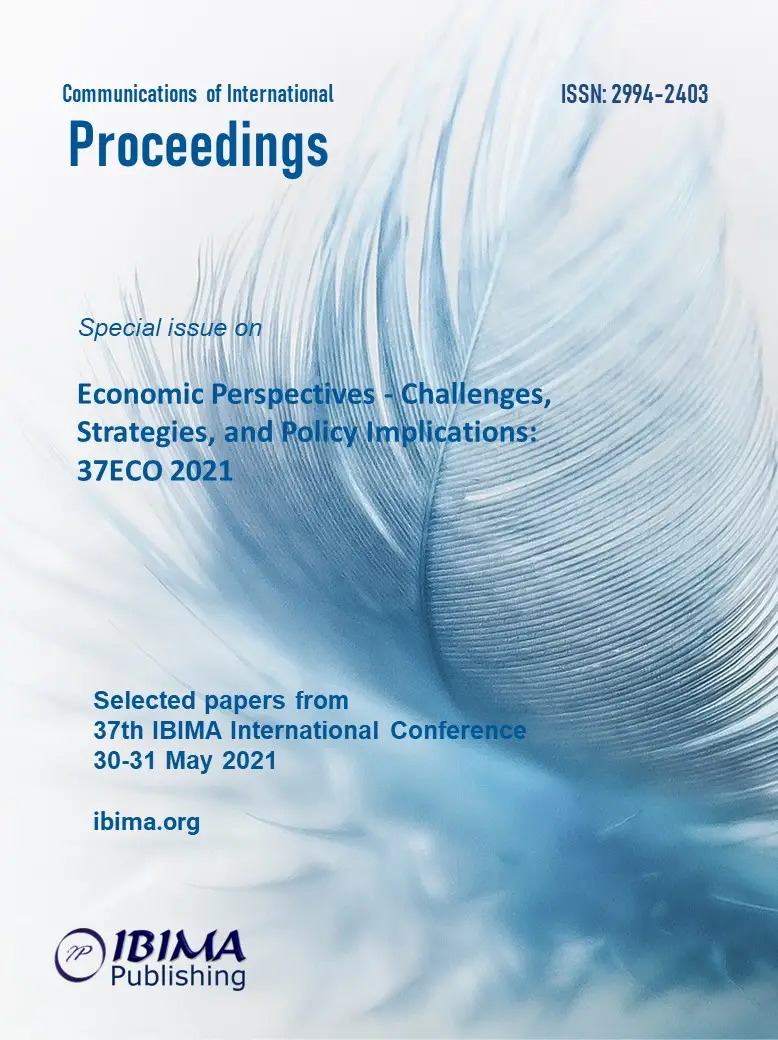

Alina Gentimir
“Alexandru Ioan Cuza” University, ROMANIA

In the context of globalization, to overcome various economic, social, cultural, and humanitarian dilemmas, the most influential international intergovernmental organization, United Nations has proposed a new interdisciplinary paradigm related to the right to development within the overview of initiatives regarding sustainable development. Precisely United Nations’ activities have captivated the interest of legal academics and practitioners to analyze in their scientific demarche, as is done in the current paper, the impact of this new paradigm over its beneficiaries: individuals and the global
community. Subsequently to the clarification of the essential concepts like as “development”, “sustainability” and “sustainable development”, according to the parameters of legal descriptive research, it seems appropriate to bring to attention the relevant legal framework related to the right to development, with references both to the hard law – such as United Nation Charter, International Covenant on Social, Economic and Cultural Rights, International Covenant on Civil and Political Rights – and to soft law – such as Declaration on the Right to Development, Rio Declaration on Environment and
Development, The 2030 Agenda for Sustainable Development.
Within the frame of the legal conceptual analyses, the interpretation of the United Nations’ regulations offers the perfect
reasoning to emphasize, in an innovator approach, the plurality of dimensions of the right to development – social,
economic, cultural, politic – which might be revealed by its heterogeneous implementation in different fields of activity,
and the principle of interdependence with other human rights, to propose, as personal initiative, the recognition of its sui
generis nature and character, thanks to its continuous extension following the evolution of the global community.
Based on the same United Nations legal framework and its accordance with current and future desirable moral, political,
economical aims, operating with the evaluative method, it is demonstrated that, for satisfying guarantees of promotion and
protection of the human rights, generally, and right to development, specifically, States have to be more determined to
assume the collective commitments recommended by United Nations and to fulfill intricate duties related to the joint
interaction of the right to development with other rights in the context of sustainable development as currently is expressed
by and within the global community.